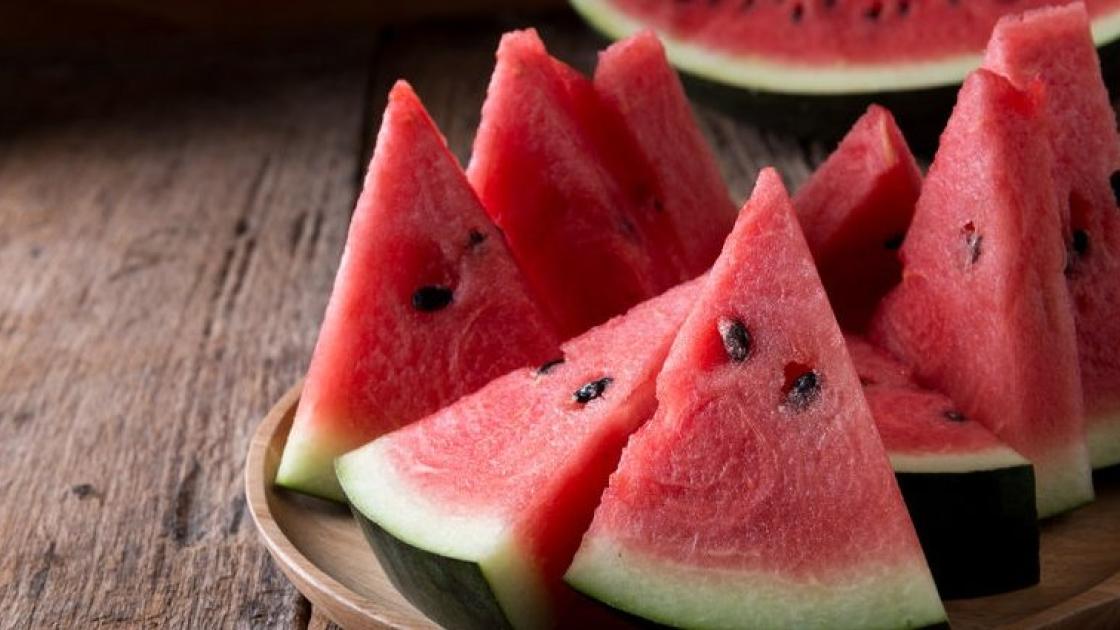
What does traditional asian medicine recommend on how to stay cool and hydrated in summer?
No one wants to be a victim of heat-related illnesses when you’re out in the sun and having a great time. The good news is that with planning and preparation it is easy to avoid overheating and dehydration. When summers are long, hot, and humid, we all have repeated opportunities to practice prevention before the hottest days emerge late in summer. Take time to check the heat and humidity levels outdoors and make sure that you and family members have enough water.
Here, you can learn how to avoid heat-related illnesses by staying hydrated through the wisdom of Traditional Asian Medicine (TAM). In addition to herbal medicine and acupuncture, TAM includes the use of food therapy. Because TAM is centered on what you make in your kitchen, food therapy promotes practical methods to use every day.
The main principles of food therapy are quite simple. What you eat acts as a combination of temperatures (warm and cool), and qualities of the five flavors (salty, sweet, bitter, sour and spicy). According to TAM, the best way to eat during summer helps you beat the heat using appropriate temperature and flavor. The main idea with these “summer” foods is that they help you feel cooler and stay hydrated.
Watermelon for hydration
Feeling tired of drinking so much water? Due to the high water content, slightly sweet flavor, and low sugar, watermelons are not great candidates for salty pickling or sweet canning, so you’ve got to eat them fresh. For the most part when you eat watermelon, you’re eating your hydration! Additionally watermelon contains some sugar, B vitamins, and antioxidant lycopene (the red pigment from tomatoes). Watermelon also gives you a small amount of electrolytes, mostly potassium, and minerals, including calcium.
Spicy foods for capsaicin
Spicy foods typically contain Capsicum frutescens, also known as cayenne pepper, which contains the molecule capsaicin that imparts the spicy flavor (one of the five flavors). Capsaicin first makes you feel warm but your quickly elevated temperature signals the hypothalamus to make you sweat. Once you sweat, you feel cooler within minutes. Studies show many different mammals responded to capsaicin by reducing their body temperature and they further changed their behavior to stay away from warm places. Summer is a great time to enjoy dishes such as curries and spicy salads.
Pickles for extra salt
Whether or not you personally have a vegetable garden, summer is a season when it is easy to obtain many fresh vegetables. When your stomach or refrigerator are full, it can useful to make your own pickles. Another advantage of pickles is that they provide the salty flavor. When you sweat, you lose salt along with water. Pickles are a pleasant way to add salt into your diet on hot days when you need to replenish electrolytes. Pickles do not have to be restricted to cucumbers. A tip from TAM is to consider pickling a variety of vegetables such as carrots, cauliflower, even fruits!
Eat lightly to feel better
TAM food therapy advises eating lightly. Summer is the easiest time of year to feel full with lighter meals and more fresh foods. You will feel best if you can stop eating at about seventy to eighty percent full. In TAM, if you don’t overburden your stomach with volume or dryness, then you have more fluids available for the rest of your body’s use to avoid heat-related illnesses.
Cold foods and their impact on digestion
I’m sorry to say that even though they taste delicious, try to reduce frozen and iced treats of all kinds. We all enjoy cold treats because they are refreshing on a hot day. However, in TAM, iced food impairs your ability to digest properly. How is this possible? When you have an ice pack on your skin, it makes your blood vessels constrict. When you put ice in your stomach, you are doing the same process to your stomach. Whether you look the stomach through the lens of modern physiology or TAM, your stomach relies on having adequate flow of blood for correct digestion. When you can’t digest properly according to TAM, you have lower energy. Other problems that arise from poor digestion according to TAM include diarrhea, cramps, increased susceptibility to yeast infections (from high sugar levels and humid weather). So, enjoy the occasional frozen treat, but don’t overindulge!
Heat stroke versus heat exhaustion
Heat stroke is a serious problem and in rare cases can be fatal. Heat exhaustion is milder than heat stroke and the symptoms include mental disorientation, muscle cramps, and feeling faint. Please seek help if you are worried about any of these symptoms.
If you would like to discuss Traditional Asian Medicine with one of SIU Medicine’s TAM providers, please request an appointment at 217-545-8000.



